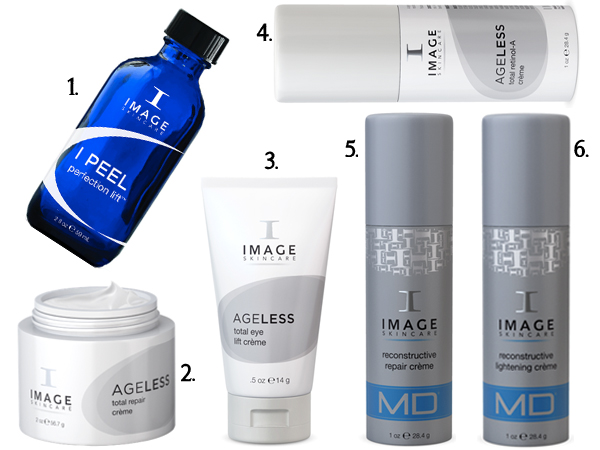It’s the celeb ingredient of the skincare industry, but should retinol always be your anti-ageing go-to solution?

It’s hard to work in the world of beauty without hearing the word ‘retinol’ flashed about. Retinol is no newcomer to the world of skincare. In fact, it was first introduced as a treatment for acne more than three decades ago. Today, retinol has a great reputation for the care and maintenance of skin, and could be considered a celebrity among ingredients in the skincare industry.
But this anti-ageing superstar ingredient has been marred by myths in recent years. So to ensure you separate fact from fiction, here’s what you should know about using retinol…
What is it?
The term ‘retinoid’ refers to any vitamin A based molecule. Vitamin A naturally dries the skin and helps exfoliate. Retinol, a derivative of vitamin A, works by attaching itself to the skin cells, telling them to act younger, causing cells to turn over faster, making way for new growth.
What does it do to the skin?
When used on the skin, retinol is so powerful it has the ability to unclog pores, even out discoloration, restore vibrancy, reduce oiliness, treat acne and improve the appearance of fine lines after just a few uses.
Are there side effects?
While many dermatologists agree that retinol is the best age eraser available, it doesn’t come without side effects. For some, retinol can cause the skin to become irritated. This is far more common when using the prescription form of retinol known as Retinoic Acid, Retin-A or Tretinoin, which – as you might suspect – is a much higher concentration. Retinol on the other hand, is milder and is converted into retinoic acid when absorbed into the skin.
“One of the reasons retinol products cause less irritation is because of the combination of other ingredients formulated to sooth and hydrate” says skincare expert and Image Skincare director, Dr Marc Ronert.
“For example, an eye cream which uses retinol, combined with natural anti-inflammatory ingredients such as green tea, cucumber extract and echinacea, will give your under-eye area all the benefits of retinol, but with less irritation. Another example is blending retinol with AHA exfoliators to repair sun damage and reduce wrinkles, along with hyyaluronic acid to hydrate the skin,” explains Ronert.
When should I use it on my clients?
When deciding if retinol is right for your client, it’s important to note that even with the soothing agents, retinol based skincare products can still cause irritation. Often symptoms subside as the skin adjusts, but if the irritation worsens, it’s time to perhaps look into a milder repair line.
Still, it’s hard to dismiss the scientific proven results of this powerhouse ingredient, and it’s well worth checking out the variety of retinol products on offer for beauty professionals.
Retinol products for professional use
1. Perfection Lift Solution, 2. Total Repair Creme, 3. Total Eye Lift Creme, 4. Total Retinol-A Creme, 5. Reconstructive Repair Ceme, 6. Reconstructive Lightening Creme. Contact Image Skincare for more information.


